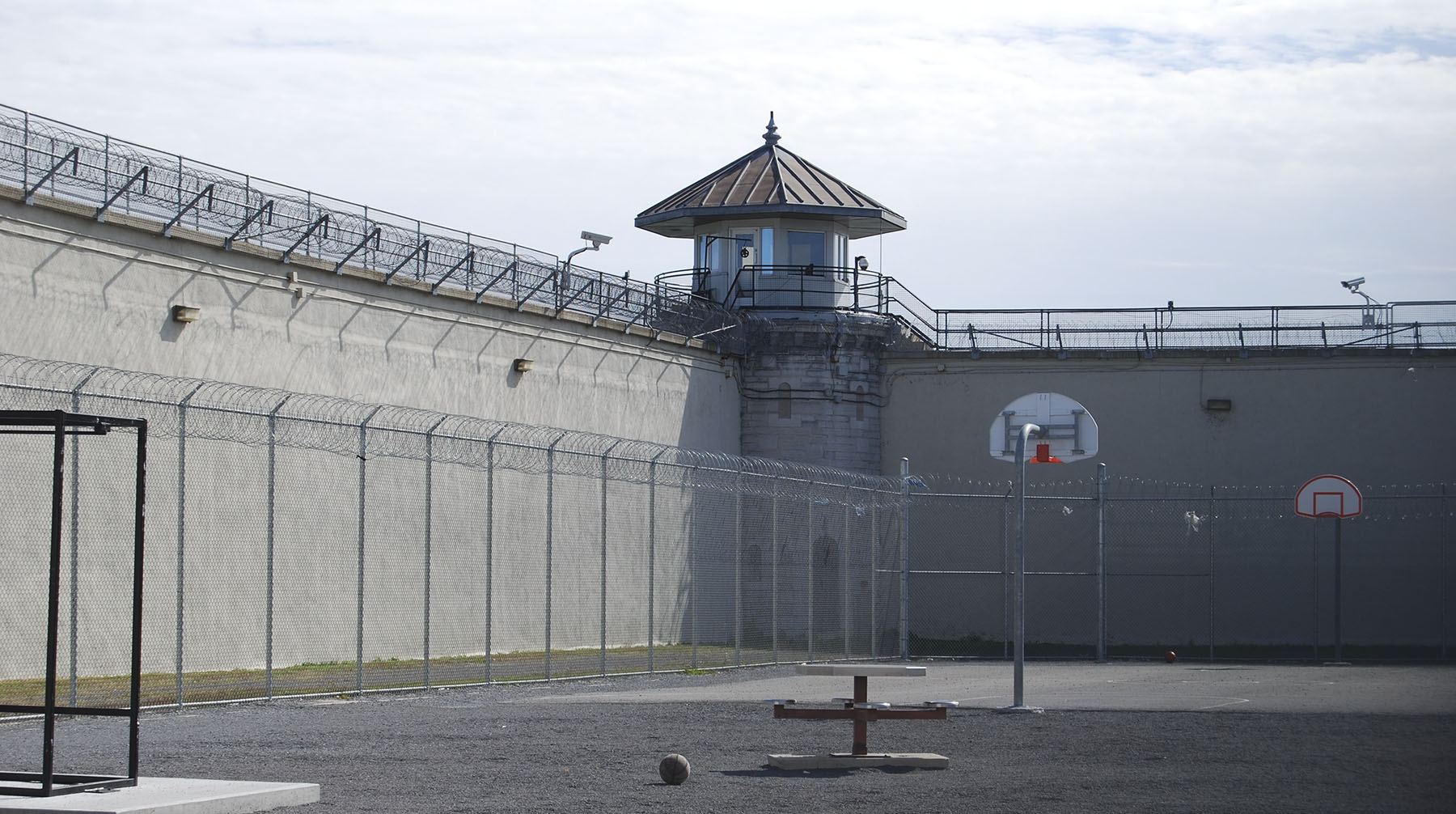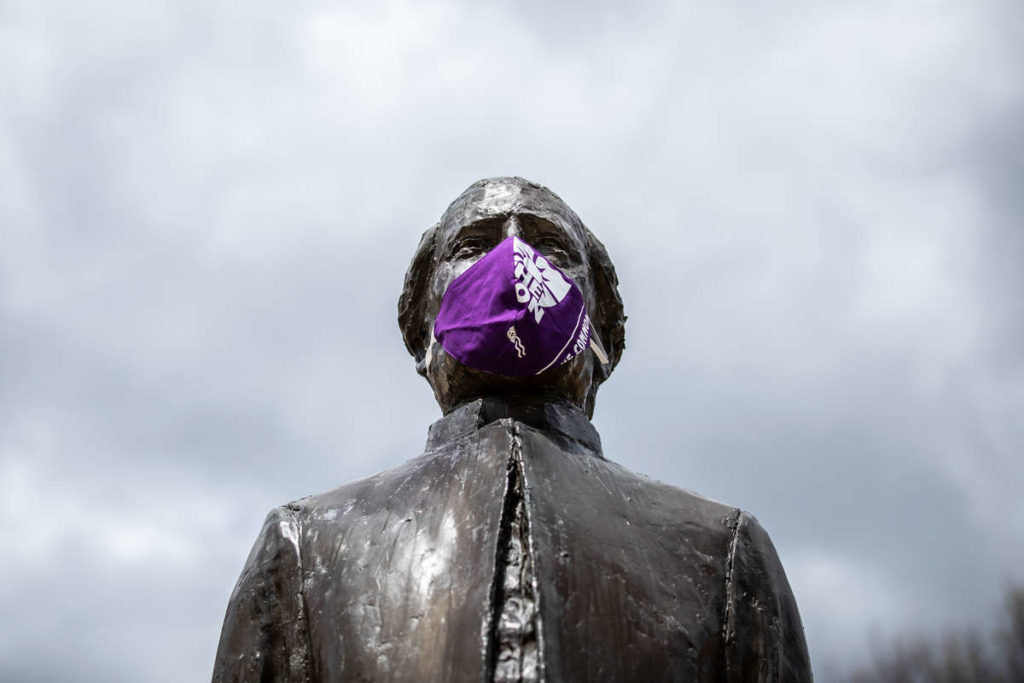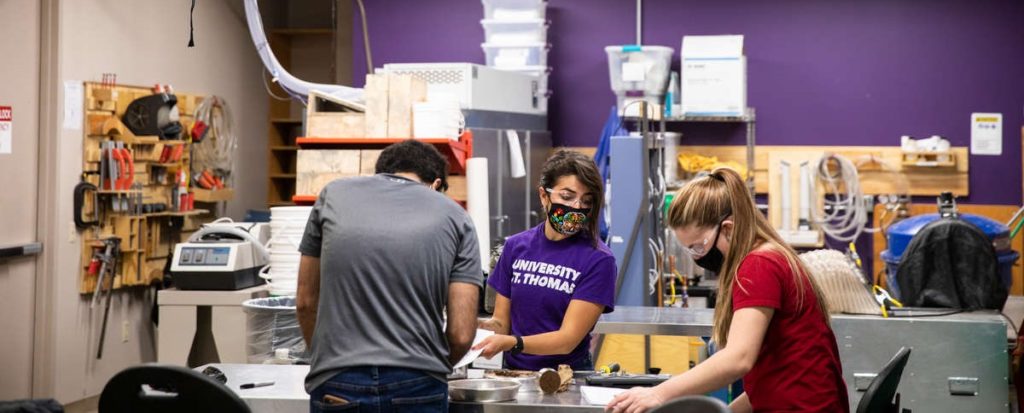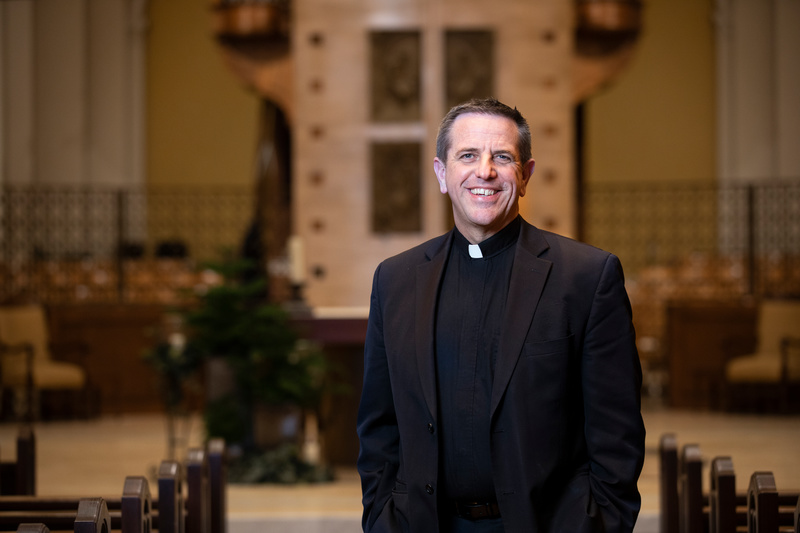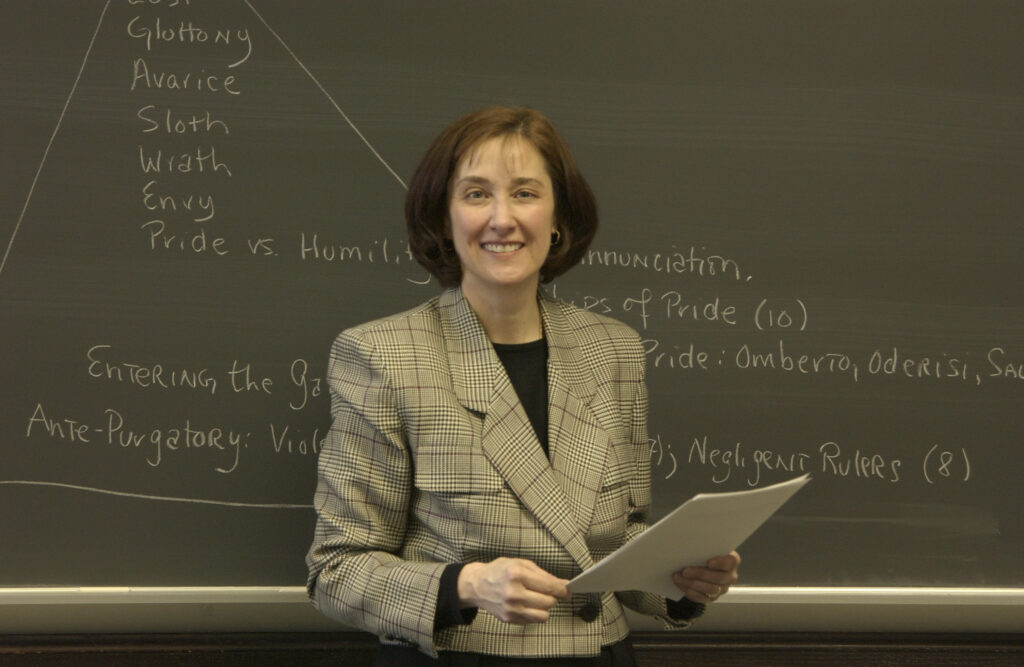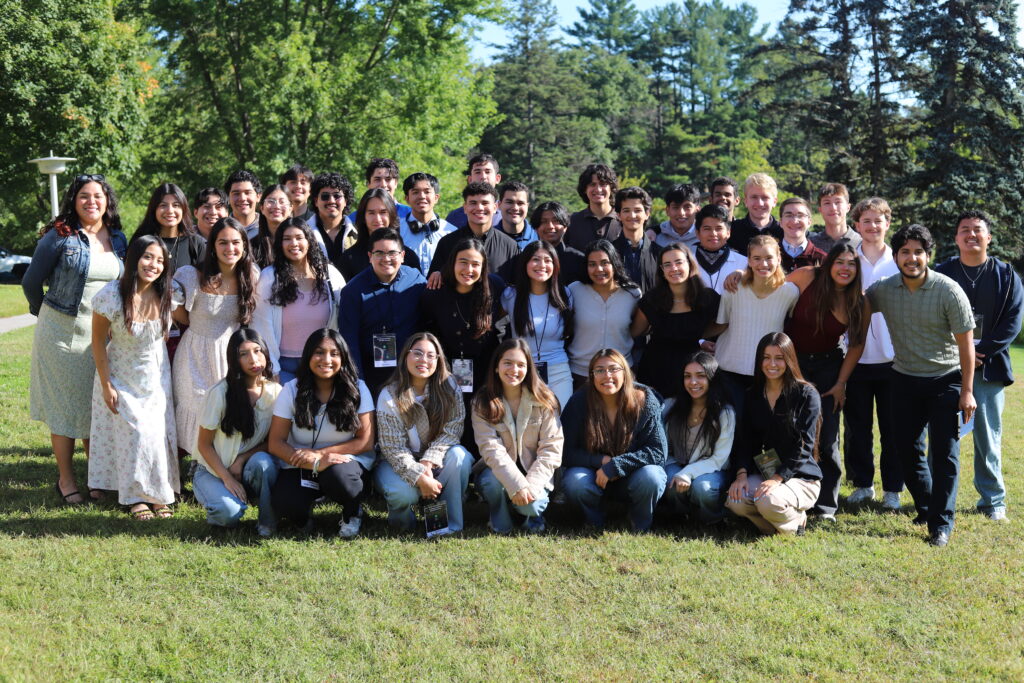On March 27, School of Law Professor Mark Osler wrote an editorial column in the Star Tribune calling on local, state and federal officials to “take action now if we are to avoid catastrophic illness and death in those [prison and jail] facilities as COVID-19 inexorably advances. The prisons should not be emptied out, but thinning those populations can keep those in and out of prison safer from the virus.”
State officials listened.
“The first call I got was from the commissioner [of the Department of Corrections, Paul Schnell '88],” Osler said. “One of the great things about Minnesota I’ve come to enjoy about here is the spirit of collaboration. Instead of taking offense, the [Gov. Tim] Walz administration reached out and asked what they could do.”
Working with faculty at University of Minnesota Law School and Hamline Mitchell School of Law, Osler weighed in on the development of the application and review process. Soon afterward, Minn. Stat. § 244.05, subd. 8, was put in place, which states “the commissioner of corrections has the authority to place adult inmates on conditional medical release before they have reached their supervised release date if they suffer from a grave medical condition and their release poses no threat to the public. Because COVID-19 presents a new threat to the health of people with particular medical conditions, adult inmates who previously would not
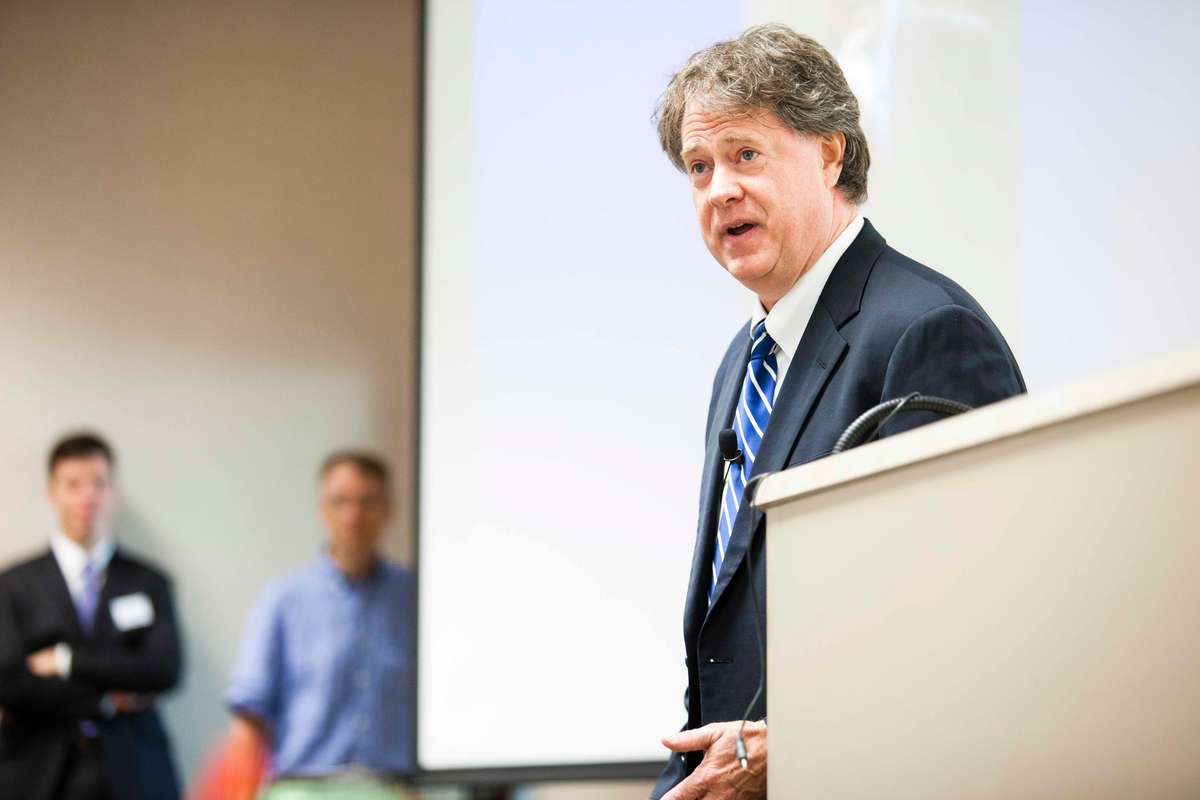
Professor Mark Osler
have qualified for conditional medical release may do so now if their underlying medical condition puts them at risk of grave harm from COVID-19.”
“Too often we divide ourselves between academic work and what people call real work. It’s the same thing. Here, I’m able to write something about policy and it generates action and collaboration,” Osler said.
As of the last week of April, the three schools started coordinating about 25 of their students to work a help line and assist inmates putting together their applications.
“Someone will call and say, ‘I have asthma and sickle cell. Am I at threat from COVID? Is there a possibility of me getting medical release?’ We’re there to answer those questions one on one for individuals whose lives are threatened," Osler said.
Over hours-long shifts, students like Jessica Nyland work with prisoners across the state to detail their medical conditions, standing of sentencing and petition for release.
“I worked in a hospital for 11 years before coming to law school, so I’ve had a medical focus for most of my professional life. I know how terrifying it is for me and everyone, in general; I can’t imagine having a high-risk factor and being incarcerated,” said Jessica Nyland, who has worked in Osler’s Federal Commutations Clinic and started volunteering in April. “I’ve received calls from people who are old, who are very sick. People who are pregnant. That stops you in your tracks thinking about what they’re thinking.”
Osler said he was told 18 prisoners had been released through May 4, with many more expected as applications ramp up. Nyland said she plans to continue working the phones as much as is needed as it continues.
“It’s really affirming about our students. In the middle of all the challenges they’re facing, in the middle of finals preparation, that they’re willing to step up and do this,” Osler said. “That’s our institution.”
